Rev’s Transcript Library
Explore our extensive collection of free transcripts from political figures and public events. Journalists, students, researchers, and the general public can explore transcripts of speeches, debates, congressional hearings, press conferences, interviews, podcasts, and more.
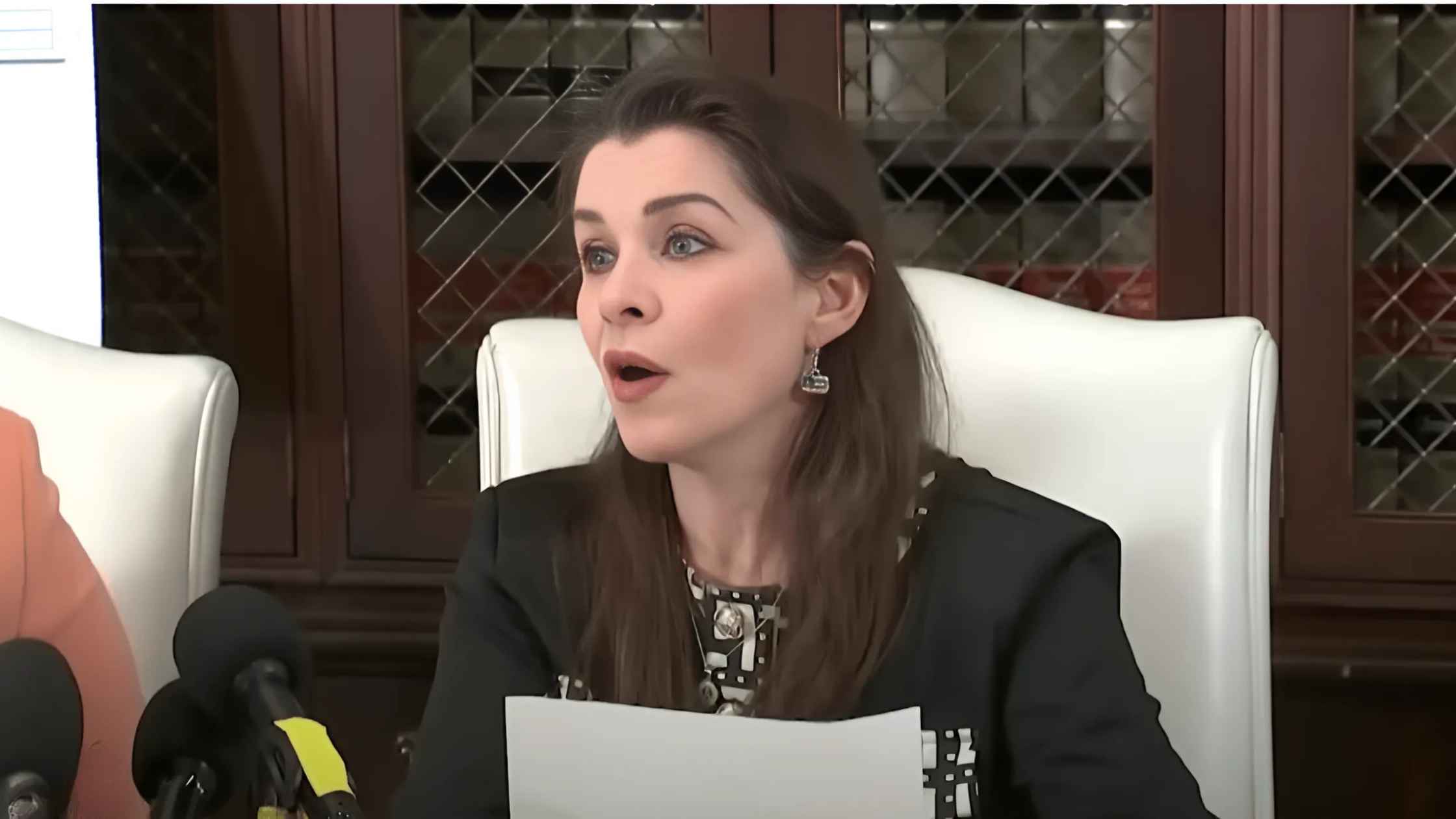
Allred Holds Press Conference with Epstein Accuser
Epstein accuser urges U.S. government to release investigation files. Read the transcript here.
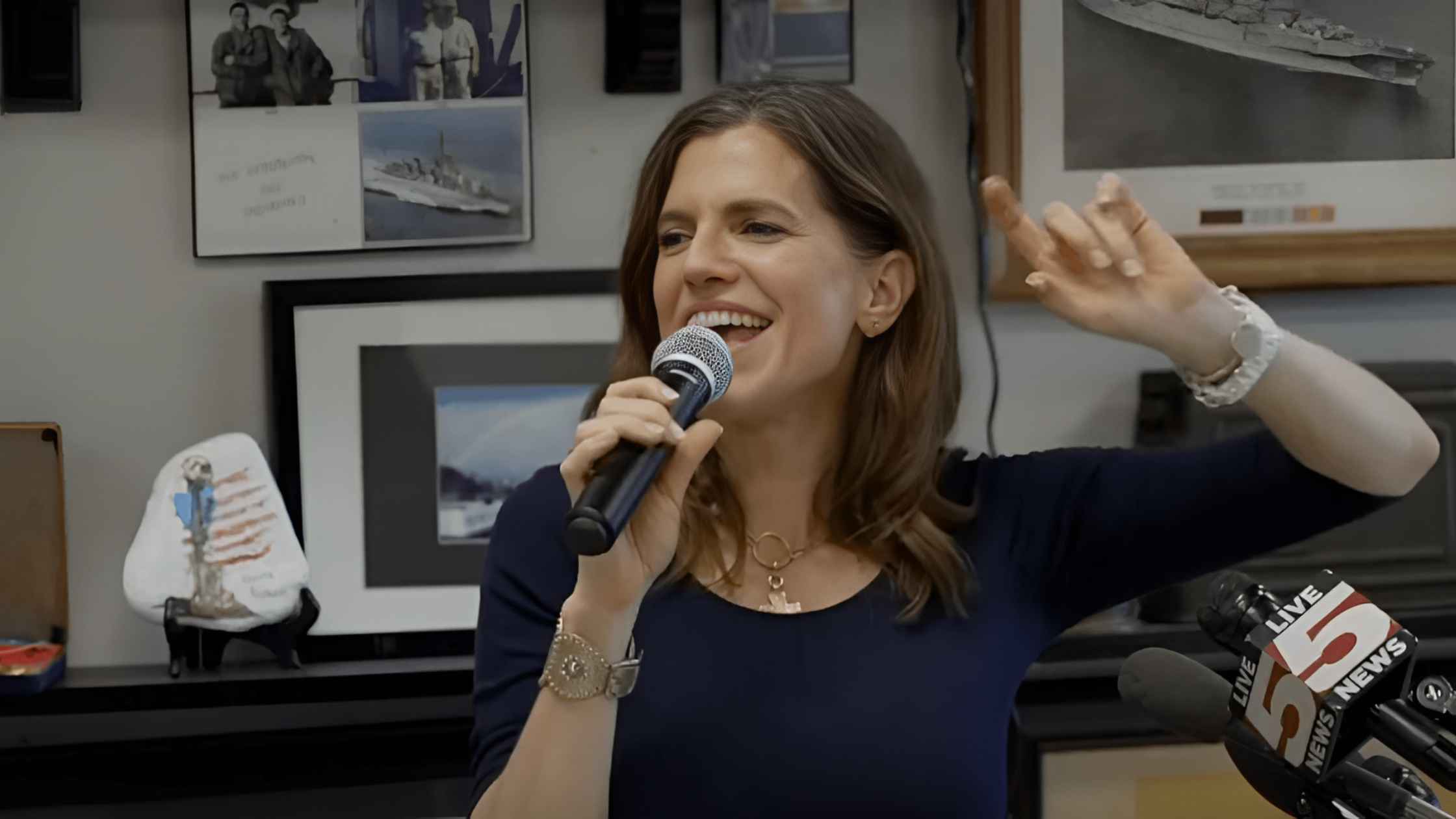
Nancy Mace Town Hall
Nancy Mace holds the "Mother of All Town Halls" after announcing she is running for South Carolina Governor. Read the transcript here.
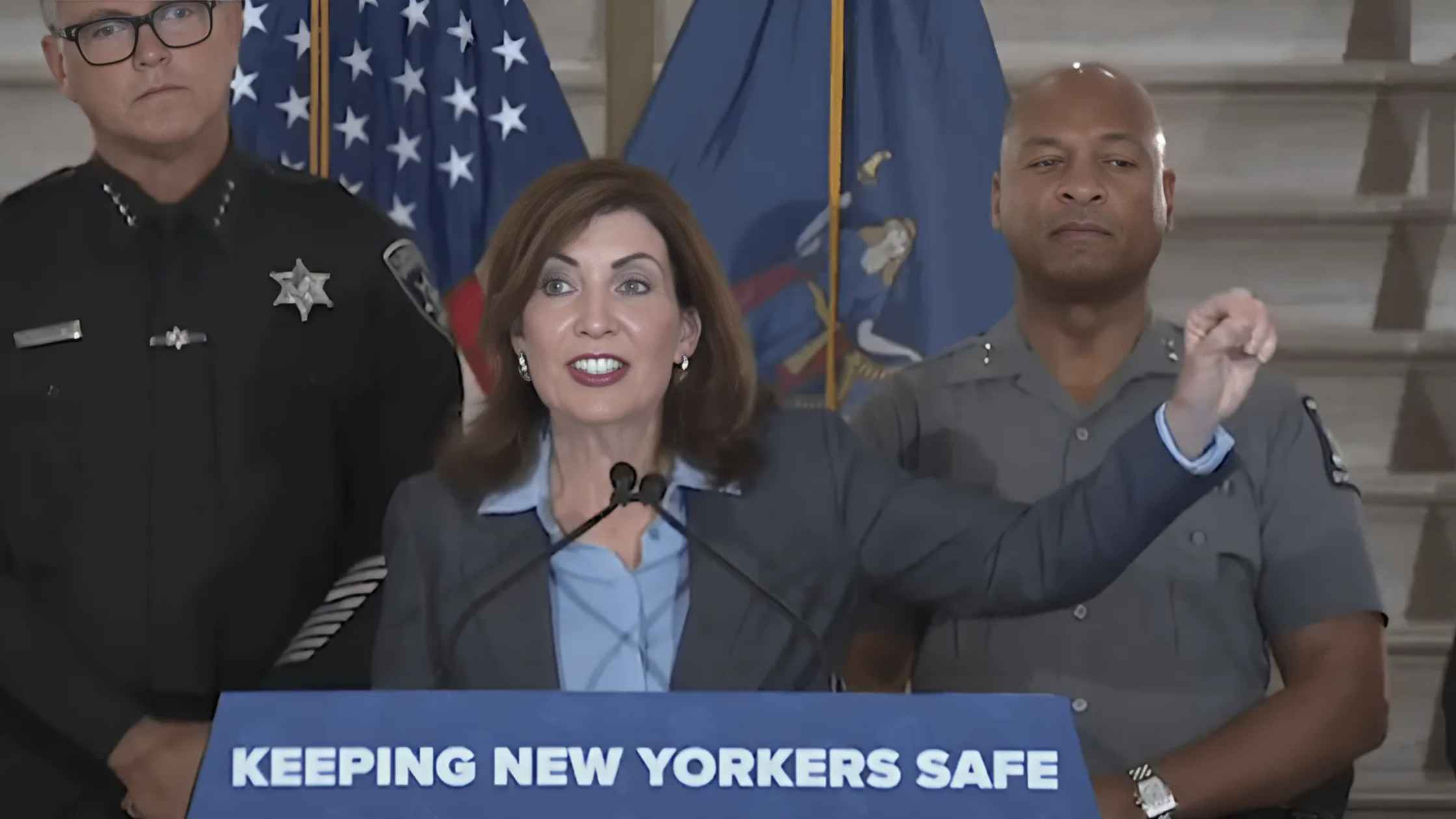
New York Discovery Reforms Announced
Governor Kathy Hochul holds a press briefing to announce reforms to the discovery process aimed at increasing public safety. Read the transcript here.
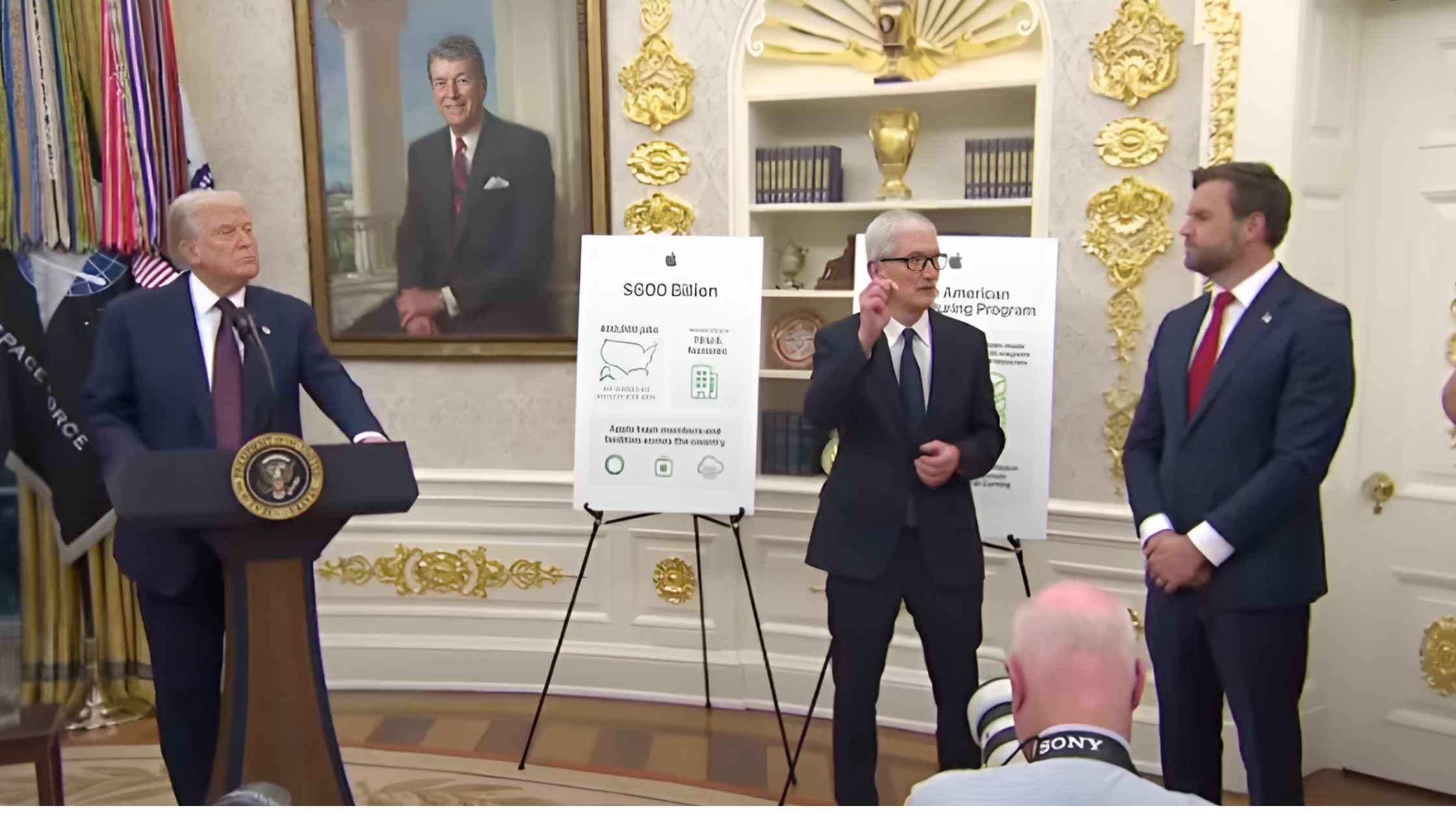
Apple Announces Investment
Donald Trump and Apple announce an additional $100 billion investment for a total of $600 billion by the tech giant in the U.S. Read the transcript here.
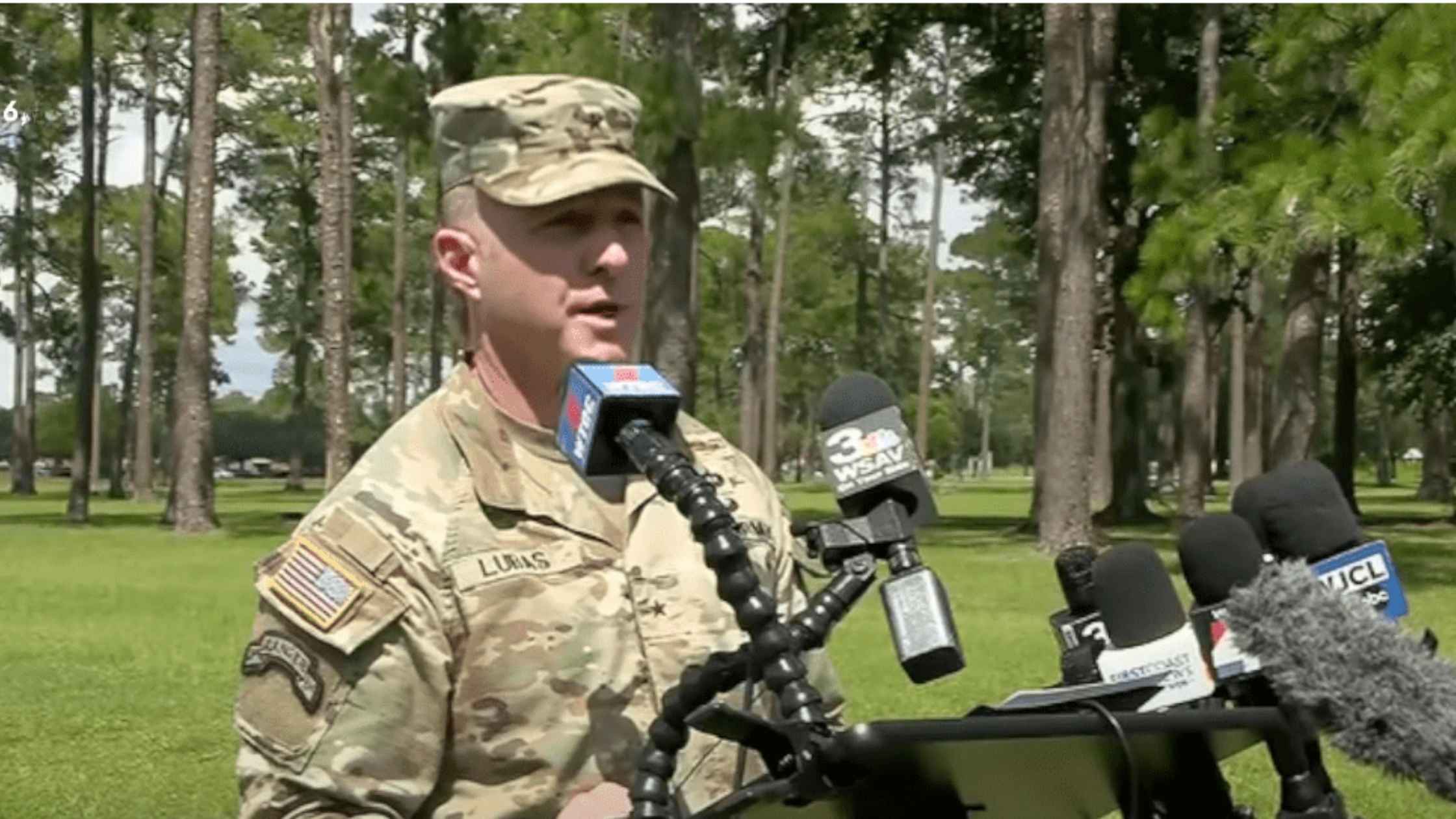
Fort Stewart Shooting Press Briefing
Senior Commander Army Brig. Gen. John Lubas holds a press briefing about the shooting at Fort Stewart in Fort Stewart, Georgia. Read the transcript here.
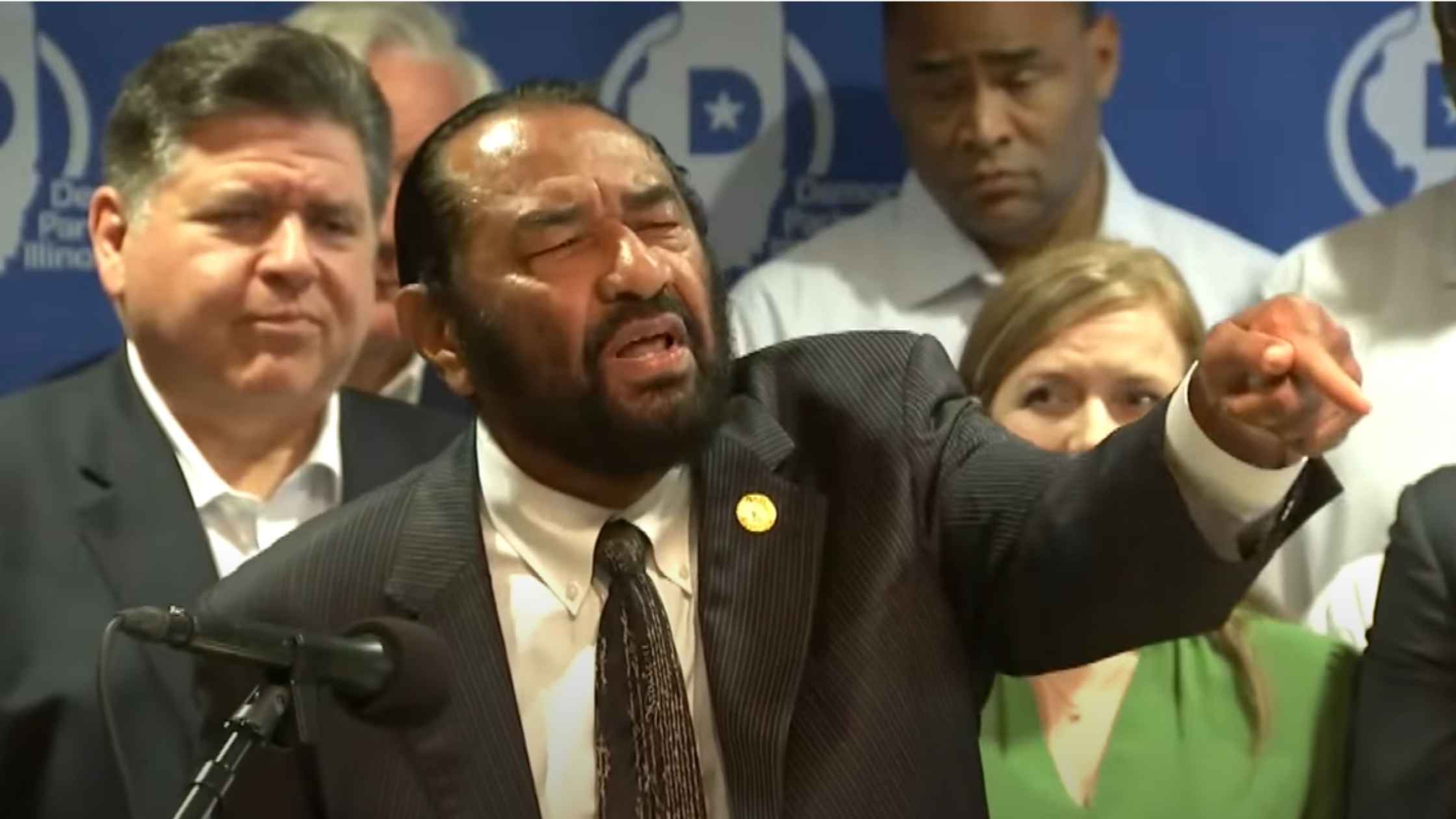
Texas Democrat Briefing 8/05/25
Texas Democrats hold a briefing as they deny the state legislature a quorum for redistricting. Read the transcript here.
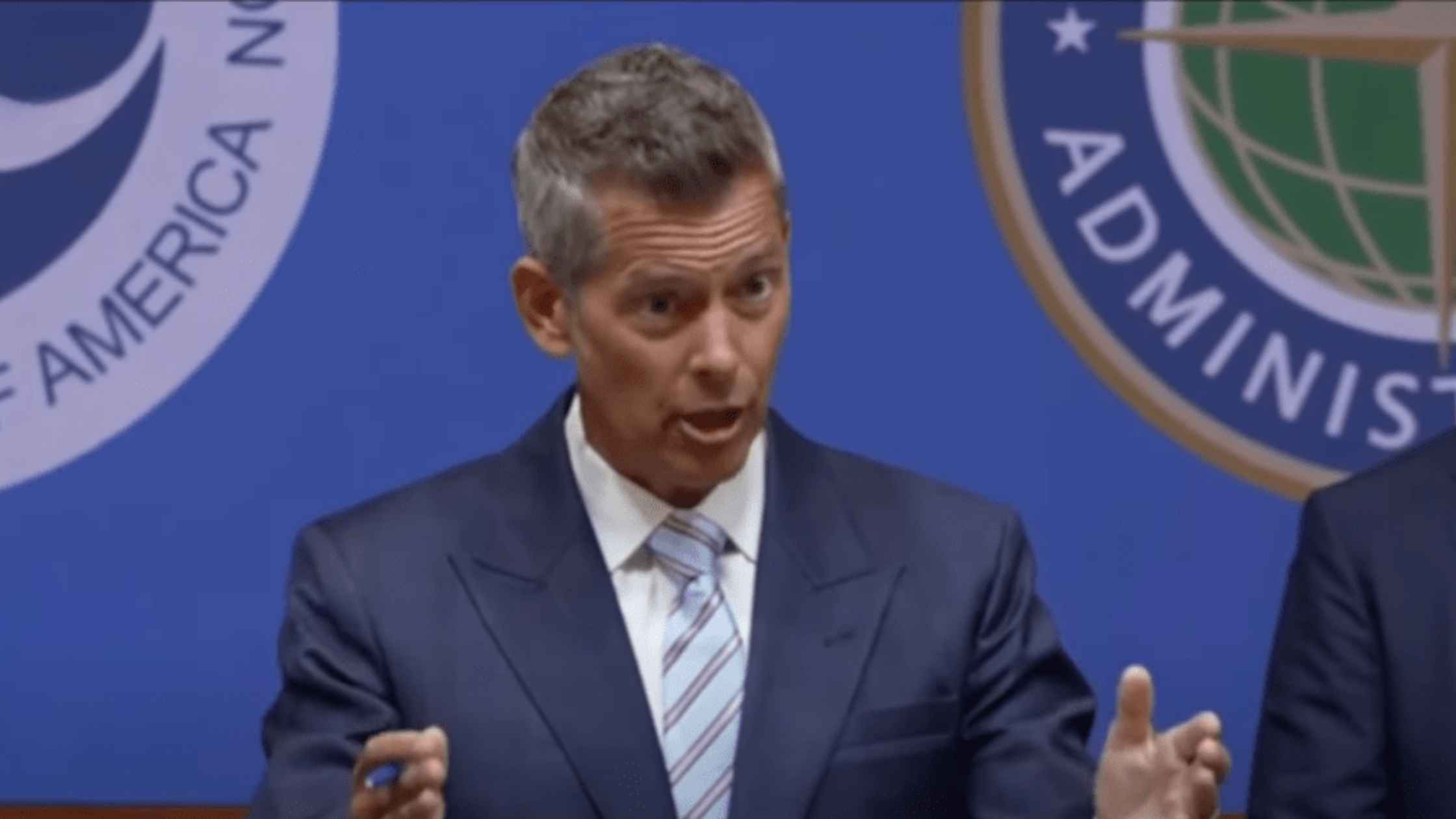
Duffy Press Conference on Drones
Sean Duffy holds a press briefing about rule to 'Unleash American Drone Dominance'. Read the transcript here.
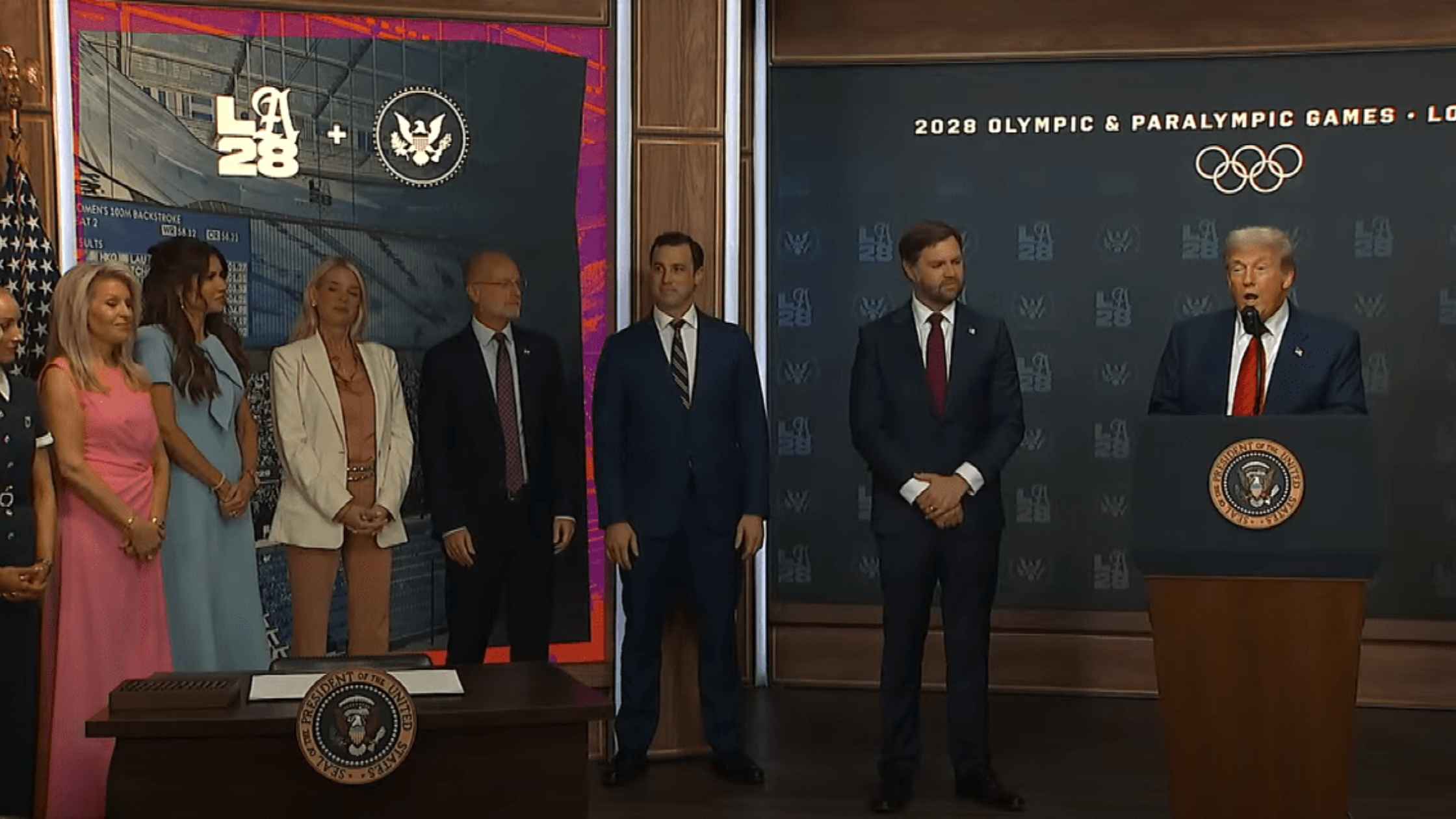
2028 Olympic Task Force Order
Donald Trump signs an executive order on the 2028 Olympic task force. Read the transcript here.
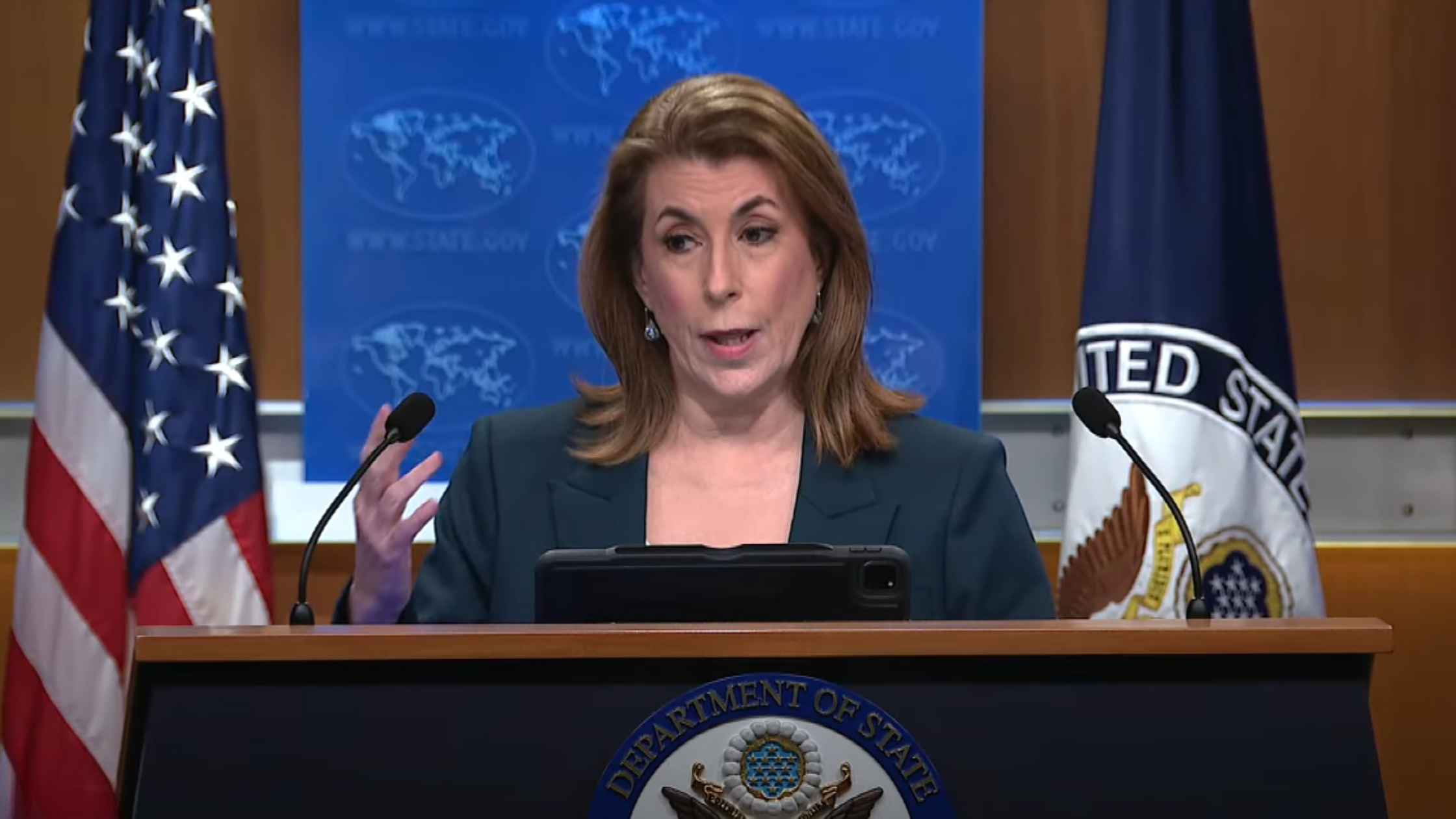
State Department Press Briefing for 8/05/25
Tammy Bruce leads the State Department briefing for 8/05/25. Read the transcript here.
Subscribe to The Rev Blog
Sign up to get Rev content delivered straight to your inbox.

.webp)